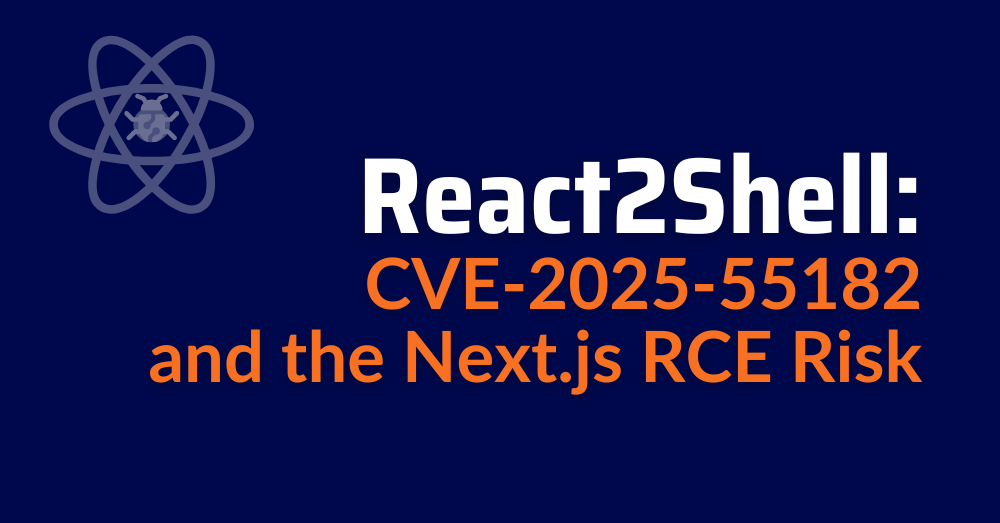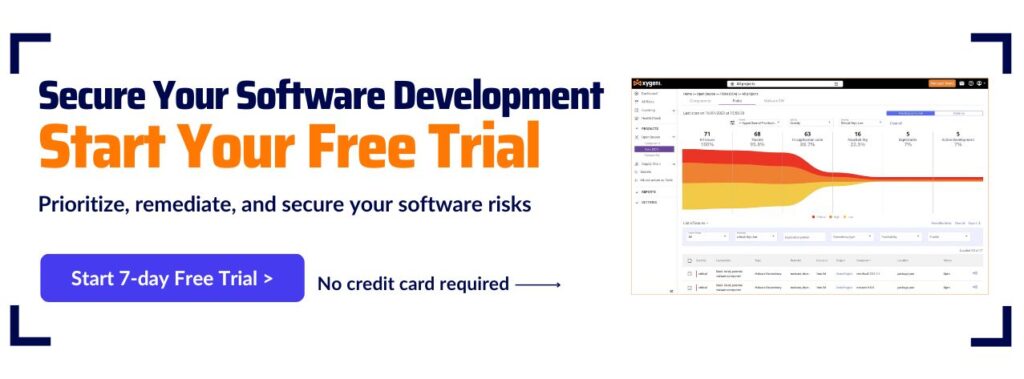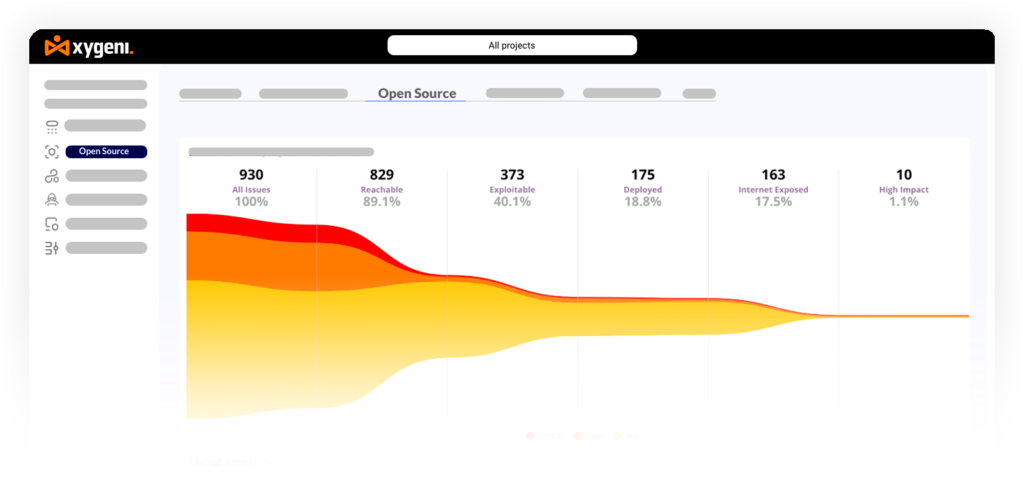If you use stripchar to clean user input, you’re not alone. Many developers rely on this kind of input sanitization to block injection attempts. At first glance, it seems logical, remove dangerous characters, and the payload disappears. However, this approach gives a false sense of security. As a matter of fact, attackers can bypass simple filters like stripchar using obfuscated payloads, encodings, or clever context switching. That’s why smart developers don’t stop there. Instead, they use parameterized queries, which prevent injection attacks at the root.
In this post, you’ll learn why stripchar fails in real-world scenarios, how attackers abuse these filters, and what secure alternatives actually work. We’ll walk through code examples, show common bypass techniques, and explain how input sanitization must always be paired with structural protections like parameterized queries, or you’ll stay vulnerable.
What stripchar Actually Does (and Doesn’t)
Many developers use stripchar or similar functions to remove unsafe characters from user input. Typically, it strips punctuation, special symbols, or anything not alphanumeric. At first, that sounds like input sanitization, but it’s not real protection.
Let’s break it down. A function like this:
function stripchar(input) {
return input.replace(/[^\w\s]/gi, '');
}
removes characters like ', ", or ;. So, if you enter:
'; DROP TABLE users; --
It becomes:
DROP TABLE users
Even if user input looks clean, attackers can still inject SQL payloads using logic alone, especially when the application builds queries through string concatenation. To truly prevent SQL injection, you must use parameterized queries and context-aware input handling. Character filters like stripchar() simply aren’t enough.
Sure, stripped input may look safer at a glance. However, this approach doesn’t neutralize malicious logic, it only changes how it’s written. In fact, attackers often take advantage of this by encoding payloads, inserting whitespace, or using removed characters strategically to bypass your filter entirely.
Besides, stripchar lacks critical context. It doesn’t know whether input is headed for a database, a shell, or a browser. That means it can’t apply the right escaping or encoding. Sanitizing input without knowing the destination is like escaping HTML while the real threat is SQLi.
In the end, stripchar doesn’t interpret or secure anything, it just edits strings. And editing isn’t security. If you want real protection, use structured, validated, and parameterized queries. Full stop.
To make the difference clearer, here’s how stripchar compares side-by-side with parameterized queries:
Stripchar vs Parameterized Queries: Which One Actually Protects Your Code?
| Feature | stripchar() |
Parameterized Queries |
|---|---|---|
| Protection Level | Basic string cleanup. Easily bypassed with encoding or logic tricks. | Strong protection against all forms of SQL injection. |
| Context Awareness | Blind to context (SQL, HTML, shell, etc.). Applies same rule everywhere. | Fully context-aware. Uses proper escaping for each environment. |
| Developer Effort | Quick to implement but unreliable for long-term use. | Requires correct integration, but robust and future-proof. |
| Bypass Resistance | Low — attackers adapt easily using whitespace, encoding, or logic. | High — separates code from data and blocks injection reliably. |
| Security Confidence | False sense of safety — may hide the problem without fixing it. | Trusted industry standard for secure query execution. |
How Attackers Bypass Input Sanitization
This is how a typical vulnerable flow looks when developers rely on stripchar for input sanitization:

Attackers don’t need to break your filters, they just need to go around them. When developers rely on stripchar for input sanitization, they often assume that removing characters like quotes or semicolons will block injection attempts. However, attackers adapt quickly. They craft obfuscated payloads that slip through regex-based filters, especially when those filters lack context.
For example, let’s say you try to sanitize input like this:
const input = stripchar(userInput);
// safe to use? maybe not.
db.query("SELECT * FROM users WHERE name = '" + input + "'");
Even if the user can’t submit a classic ' OR 1=1 --, they can use Unicode tricks, string concatenation, or broken syntax that still runs. Payloads like this often work:
0x27206F7220313D31-- or:
'+UNION+SELECT+null,null,null--If your function strips non-word characters, you may accidentally reconstruct a valid SQL command. Worse, attackers can encode values in ways that pass your filter but get decoded by the target system.
Besides SQL injection, stripchar fails in other contexts too, like shell commands, file paths, or even JavaScript execution. Since it lacks any awareness of where the input will be used, it can’t apply proper escaping or validation.
As a result, input sanitization with stripchar is easy to bypass. Real security comes from context-aware controls, especially parameterized queries that prevent logic injection entirely.
Why You Should Use Parameterized Queries Instead
If you want to stop injection attacks for real, you need to stop building queries with strings. That’s where parameterized queries come in. Unlike stripchar, they don’t filter, they separate code from data at the engine level.
Let’s revisit the broken query:
const input = stripchar(userInput);
const query = "SELECT * FROM users WHERE name = '" + input + "'";This is dangerous because the input gets injected directly into SQL. Even with character stripping, you’re still building a string that could be misused. Instead, use a parameterized query like this:
const query = "SELECT * FROM users WHERE name = ?";
db.execute(query, [userInput]);Here, the database driver knows that userInput is data, not executable code. It escapes it automatically and blocks injection, even if the input contains quotes, semicolons, or hex-encoded payloads.
In Python:
cursor.execute("SELECT * FROM users WHERE name = %s", (user_input,))In PHP with PDO:
$stmt = $pdo->prepare("SELECT * FROM users WHERE name = :name");
$stmt->execute(['name' => $input]);
Across all these examples, parameterized queries prevent injection without needing to guess which characters might be dangerous. You don’t need stripchar, you need structured, context-aware query construction.
Additionally, this technique blocks obfuscated payloads, Unicode tricks, and encoding bypasses, the same evasive patterns found in XSS vulnerabilities. Tools like Xygeni catch these threats early with SAST analysis.
In short, real defenses don’t rely on filters. They rely on protocols, trusted APIs, and full context. If you use frameworks or dynamic service injection, be aware of how inputs propagate through your codebase. Secure dependency injection ensures even complex flows won’t open up new attack surfaces.
Don’t Rely on stripchar. Use Xygeni to Enforce Real Defenses
Even if you use parameterized queries, there’s no guarantee your whole codebase follows the same standard. Legacy logic, third-party scripts, or overlooked lines in a PR can still introduce injection risks. That’s exactly where Xygeni helps.
Xygeni scans your source code, pull requests, and CI pipelines to catch:
- Query strings that build SQL with concatenation
- Weak or homegrown filters like stripchar
- Suspicious logic that matches known obfuscated payloads
You don’t need to comb through every line. Xygeni flags unsafe patterns early, applies AutoFix where possible, and can block risky merges with customizable Guardrails.
In short, Xygeni makes sure parameterized queries aren’t just a best practice, they’re enforced at scale. No more guesswork. No missed filters. Just real protection.f
Want to see how Xygeni finds insecure queries in your code?
Key Takeaways: What to Remember About stripchar and Injection Risks
- stripchar is not a security function — it removes characters, not risk.
- Input sanitization isn’t enough when you’re building queries with string concatenation.
- Parameterized queries are the correct defense, and every modern language or framework supports them.
- Obfuscated payloads can slip past filters, especially if encoding tricks are involved.
- Static analysis (SAST) tools catch what humans miss, including insecure patterns hiding in legacy code.
- Xygeni automates detection, prioritization, and even remediation so your team can focus on writing features, not chasing vulnerabilities.
Conclusion: Don’t Trust Filters. Secure by Design.
Relying on functions like stripchar may feel like a quick fix, but they create a false sense of security. Attackers evolve faster than string filters do. The only reliable way to stop injection attacks is by writing secure code by design, and enforcing that design everywhere.
Tools like Xygeni help you do that automatically. From pull request to pipeline, they catch what your filters don’t, and fix it before it reaches production.








